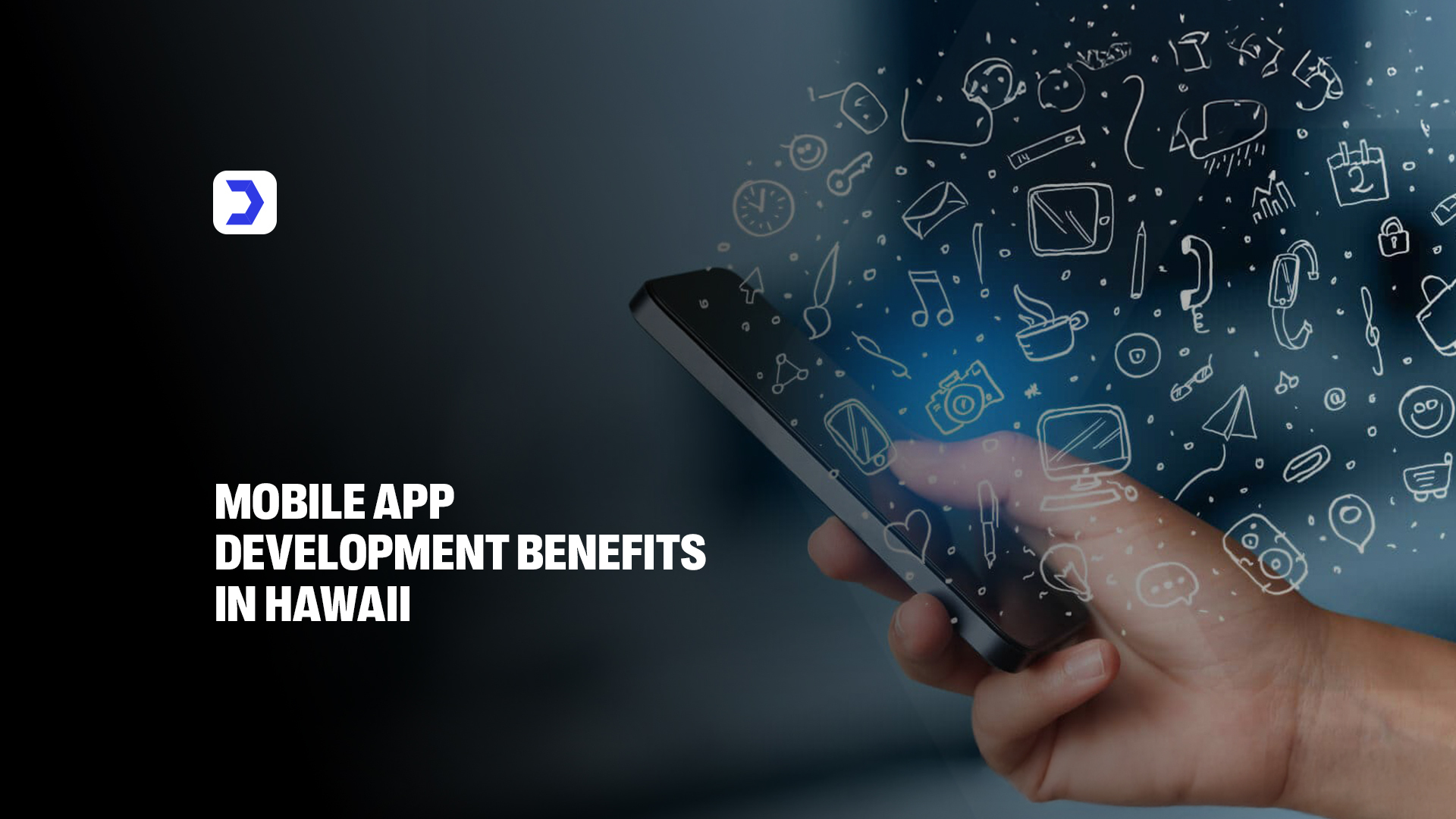Affordable Mobile App Development
Affordable mobile app development services tailored for startups and small businesses to grow efficiently.
In an era defined by digital convenience and mobile-first experiences, business owners are increasingly turning to innovative mobile app ideas to stay competitive and relevant. From enhancing customer engagement to automating internal operations, mobile applications have become central to business success across industries. Whether you’re a startup founder, local service provider, or eCommerce entrepreneur, identifying the best mobile app ideas for your niche can dramatically transform your reach and profitability.
One of the major benefits of mobile apps is their ability to connect with users in real-time, personalize the customer journey, and offer seamless access to services or products. As user expectations evolve, so does the demand for smart, practical, and scalable mobile app ideas to make money. These can range from on-demand delivery apps and digital marketplaces to appointment booking tools and subscription-based platforms.
Moreover, for companies looking to boost visibility and customer retention, effective mobile app marketing ideas play a crucial role. Features like loyalty programs, push notifications, and integrated social sharing help convert users into long-term customers. Some of the top mobile app ideas today focus on solving everyday problems, such as finding a taxi, booking a doctor, ordering groceries, or accessing educational content, all from a smartphone.
Business owners who take the time to explore and implement trending mobile app ideas are often the ones who outpace their competitors. By aligning your digital strategy with what users need and making use of app analytics and user feedback, you can create mobile experiences that are not just functional but profitable and future-ready.
Transforming the World of Mobile Apps: Leading Startup Achievements
The evolution of mobile applications has reshaped how businesses operate and how users interact with digital services. By examining successful startups, we gain valuable insights into what makes certain mobile app ideas stand out and thrive in competitive markets. Companies like Instagram, Uber, and Headspace didn’t just launch apps, they launched revolutions in their industries. Their journeys reflect how trending mobile app ideas can turn into global platforms with massive user bases and strong revenue streams.
Each of these startups leveraged innovative features, user-first design, and powerful branding strategies, making them examples of the best mobile app ideas that continue to inspire new entrepreneurs today.
Instagram began as a simple platform for sharing filtered photos, but it quickly evolved into one of the most influential social media apps in the world. Its rapid growth showcases how visual-based mobile app marketing ideas can deeply resonate with global audiences. The app’s integration of features like Stories, Reels, and in-app shopping turned it into a valuable tool for both users and businesses. What makes Instagram one of the top mobile app ideas is its ability to continuously adapt to trends, support influencers, and drive eCommerce through visual engagement.
For entrepreneurs, it’s a prime example of how creative, content-driven mobile app ideas to make money can scale quickly when aligned with user habits and lifestyle trends.
Uber
Uber emerged from a simple but powerful concept: finding a ride when you need it. With features like location tracking, seamless payments, and transparent driver ratings, Uber tackled inefficiencies in traditional transportation. Its user-first model helped it scale quickly, and today it serves as a blueprint for on-demand mobile app ideas to make money across other sectors, such as food delivery and logistics.
To successfully build solutions like Uber, businesses require a firm understanding of real-time architecture, geolocation services, and backend scalability. Many companies aiming to replicate this success depend on mobile development services that support flexible APIs, modular frameworks, and seamless cross-platform experiences, ensuring their app is ready for rapid user growth and evolving functionality. These technical underpinnings are what separate scalable ideas from one-time products.
Headspace
Headspace tapped into a niche yet rapidly growing market: digital wellness and mindfulness. By offering guided meditations, sleep support, and daily mental health tools, Headspace addressed a need that was previously underserved. Its success is a reminder that even the most focused and specific mobile app ideas can lead to global success when backed by quality content and a clear purpose. Headspace leveraged subscription models and engaging UX to drive user retention, making it one of the top mobile app ideas for those looking to combine wellness with digital convenience.
As more users turn to their phones for mental well-being, Headspace exemplifies how carefully designed mobile app marketing ideas can foster both community and profitability. For entrepreneurs, it highlights the value of identifying pain points and building mobile app ideas to make money around them with empathy and innovation.
Affordable Mobile App Development
Affordable mobile app development services tailored for startups and small businesses to grow efficiently.
Application Ideas to Unlock the Power of Innovation!
Mobile applications serve as the foundation for efficiency, growth, and user engagement. Entrepreneurs are constantly searching for mobile app ideas that not only solve user pain points but also offer long-term financial sustainability. Whether it’s simplifying daily tasks or connecting people with essential services, these applications reflect the real-world potential of innovation through technology. Building such solutions, especially with a focus on seamless performance and user-centric design, is where platforms specializing in iOS app development become instrumental, helping transform smart concepts into polished, scalable products.
Restaurants Mobile App
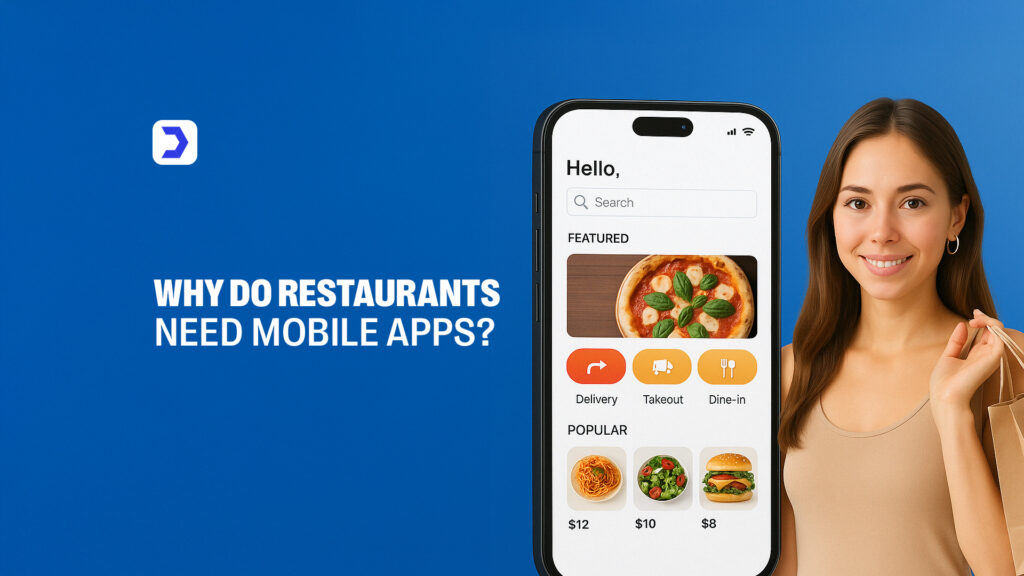
Restaurants today thrive on digital convenience. Customers expect more than just good food; they want easy reservations, real‑time order tracking, and loyalty rewards. Using strong frontend development, a well‑built restaurant app allows businesses to manage menus, accept payments, and engage with customers directly through personalized offers and notifications. With competition growing across the food industry, offering a seamless app experience has become one of the best mobile app ideas for increasing brand loyalty and operational efficiency.
Many restaurants are now turning to expert services in regions known for tech growth, and app development Jacksonville has emerged as a strong choice for creating customized solutions that meet these evolving expectations. Supported by a growing ecosystem of reliable IT companies Jacksonville, businesses gain access to teams that understand the local market while delivering high-performance restaurant applications designed for scale and customer satisfaction.
Businesses that invest in customized restaurant platforms benefit from smoother backend operations and improved customer retention. By integrating features like location-aware promotions, one-tap ordering, and customer feedback tools, restaurant owners can significantly boost performance. Restaurant mobile app development provides practical tools for crafting such apps, giving businesses a competitive edge in a fast-paced environment.
Another key benefit of a restaurant app is the ability to collect and analyze customer data to enhance personalization. Through behavior tracking, ordering history, and feedback collection, restaurants can refine their offerings, optimize pricing strategies, and improve menu design based on real-time user preferences. This data-driven approach not only helps attract new users but also turns occasional diners into loyal customers, making restaurant apps a strategic move among top mobile app ideas in the food service sector.
Grocery Delivery App
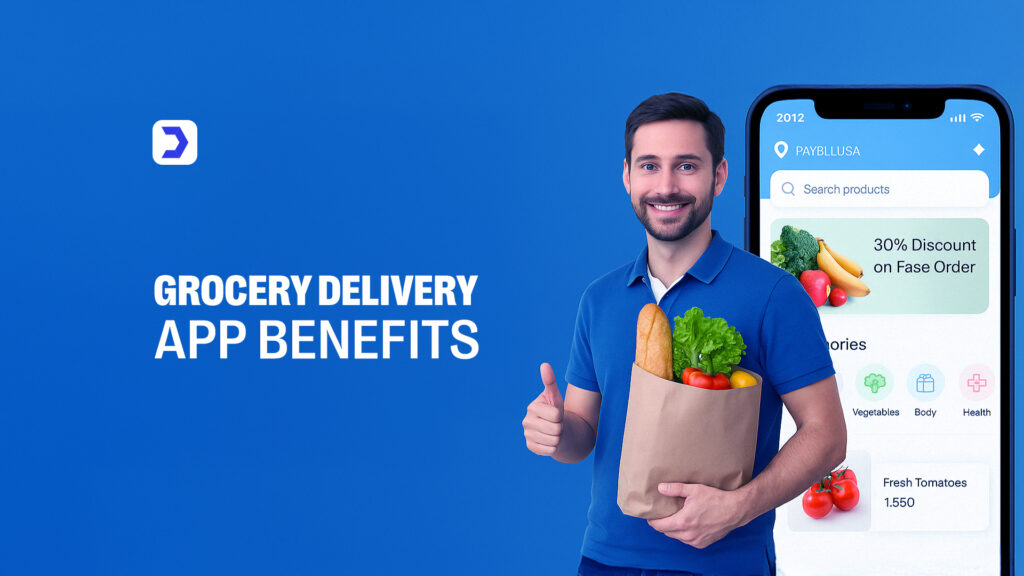
Grocery delivery apps continue to grow as more people prefer to shop from home. A smart grocery app simplifies the experience by offering real-time inventory, secure checkout, and scheduled delivery options. These platforms are among the most scalable mobile app ideas to make money, especially for retailers looking to extend their reach without expanding physical locations.
The most successful grocery apps focus on user convenience while supporting vendor-side management. Features like reordering from past purchases, creating smart shopping lists, and integrating with local stores can enhance retention. Grocery delivery app benefits point toward how app solutions can address modern shopping needs with speed, customization, and ease.
An important consideration for businesses developing grocery delivery apps is the integration of multiple payment options and multilingual support. Catering to a diverse user base helps widen market accessibility and improves customer satisfaction across different demographics. Additionally, incorporating AI-based product recommendations and delivery route optimization can reduce operational costs while enhancing the overall user experience, making it one of the top mobile app ideas for long-term sustainability in the retail space.
Taxi Booking App
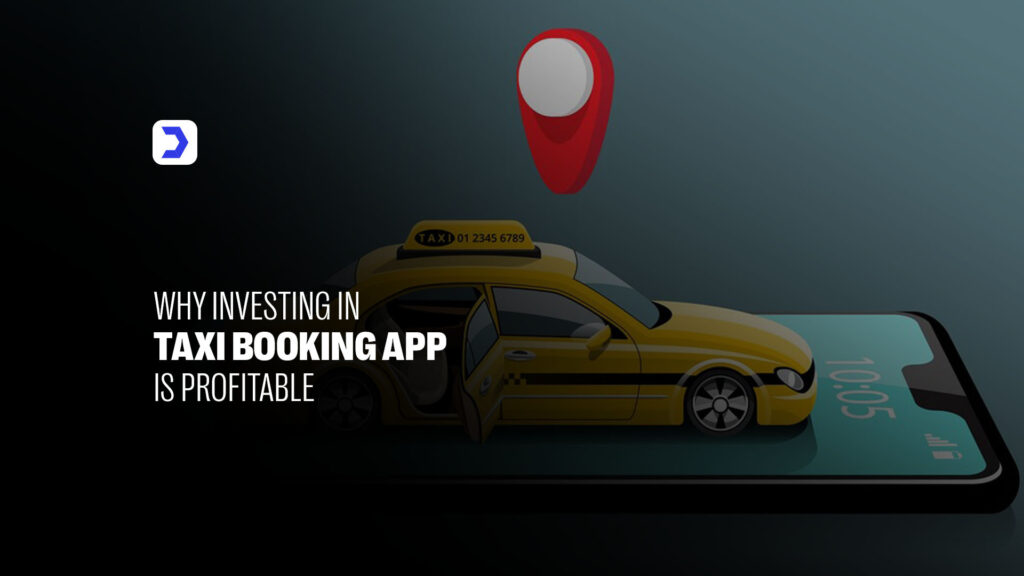
Transportation apps remain among the top mobile app ideas thanks to their continued relevance and utility. A well-designed taxi booking app ensures customers get from point A to B with live tracking, upfront pricing, and multiple payment modes. For fleet operators or startups in the mobility space, this model provides a reliable way to generate consistent revenue.
Creating a successful taxi app involves much more than connecting riders with drivers. It requires route optimization, dynamic pricing, and customer safety features. Businesses working with taxi booking app development often incorporate automated dispatch, in-app driver communication, and personalized rider preferences, making the app experience more intelligent and efficient for both ends.
In addition to core features, regulatory compliance and regional adaptability are critical elements for scaling taxi apps across different cities or countries. Integration with local transportation authorities, support for different vehicle types (such as shared rides or electric vehicles), and features like SOS alerts or background-checked drivers contribute to trust and legal approval. These considerations elevate taxi apps from basic ride services to fully-fledged platforms, solidifying their position among the most dependable and profitable mobile app ideas to make money in today’s on-demand economy.
Doctor on Demand App
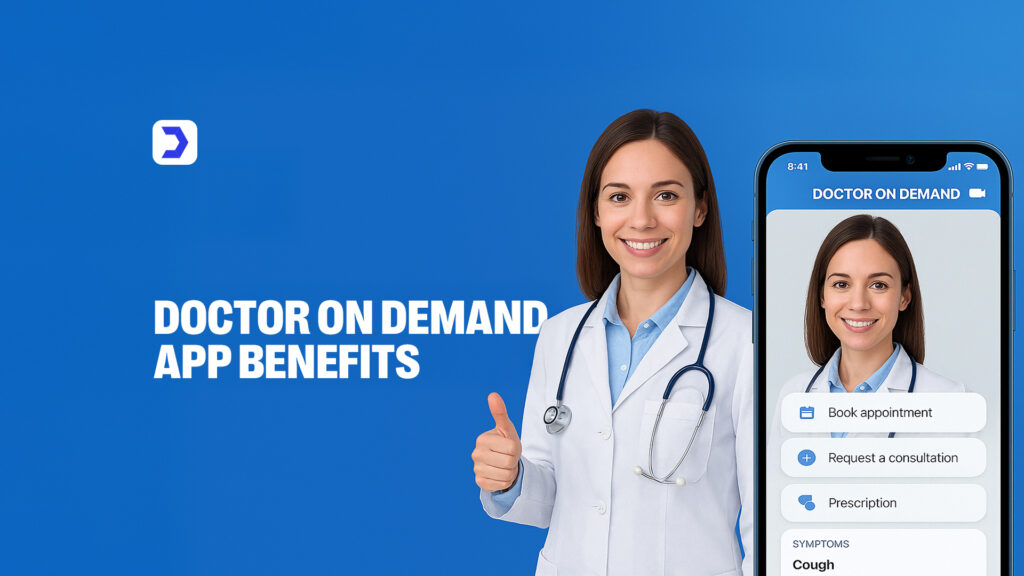
Telehealth apps are changing how people access medical care. From video consultations and symptom checkers to digital prescriptions, a doctor-on-demand app brings healthcare to the user’s fingertips. These apps represent some of the most impactful mobile app marketing ideas for private clinics, hospitals, and independent practitioners aiming to extend their services beyond physical locations. Developing these platforms with the expertise reflected in custom software Jacksonville allows for tailored functionality that meets both clinical and regulatory requirements. To ensure long-term reliability and performance, many organizations partner with established Jacksonville IT companies that specialize in secure, scalable healthcare technologies.
To ensure adoption, healthcare apps must be intuitive, secure, and available on demand. Incorporating user authentication, electronic health record access, and direct messaging with physicians increases trust and usability. Doctor-on-demand app solutions typically feature encrypted video, multi-language support, and integrated appointment scheduling, all of which enhance the remote care experience while reducing clinic congestion.
Another critical factor in the success of doctor-on-demand platforms is regulatory compliance, including adherence to privacy laws such as HIPAA or GDPR, depending on the region. Integrating AI-based triage tools and patient feedback systems can further personalize care while helping medical providers prioritize cases more effectively. As one of the most future-focused mobile app ideas to make money, telehealth apps continue to shape the evolution of modern healthcare delivery with greater accessibility and lower overhead costs.
Affordable Mobile App Development
Affordable mobile app development services tailored for startups and small businesses to grow efficiently.
Home Service App
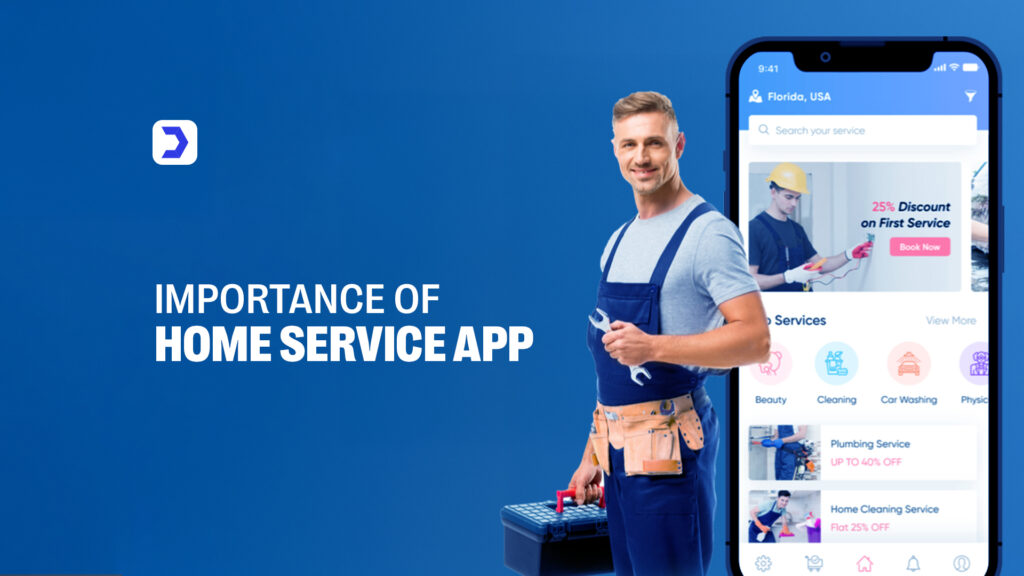
Home service apps make it easier for people to book professionals for repairs, cleaning, or installations. These platforms thrive when they include verified service providers, transparent pricing, and real-time availability. By focusing on quality control and reliable scheduling, home service apps serve as powerful tools for customer satisfaction and retention.
For business owners, these apps offer one of the most practical mobile app ideas to make money, particularly in cities where users rely on quick, trustworthy help. Integrating user reviews, GPS tracking, and multiple payment gateways helps elevate credibility. Home service app development addresses these needs by offering customizable modules that can be adapted for electricians, carpenters, cleaners, and more.
To further strengthen engagement and operational efficiency, many modern home service apps include features like service subscriptions, push reminders, and in-app customer support. These additions can help reduce missed appointments, encourage repeat bookings, and improve client communication. When combined with smart analytics and automated scheduling, home service platforms evolve from simple booking tools into full-service management systems—making them one of the top mobile app ideas for local service-based businesses aiming to scale quickly.
Healthcare App

Healthcare apps cover a range of functions, including medication reminders, virtual appointments, and chronic condition monitoring. These digital tools allow users to take control of their health without needing constant in-person visits. They also create efficiencies for healthcare providers by minimizing administrative overhead and offering more flexible scheduling options.
Designing such applications with secure patient records, cross-platform access, and AI-based analytics ensures wide usability. This category offers strong potential for long-term adoption, especially among older users and chronic care patients. Businesses considering healthcare app development benefit from creating user-focused designs that prioritize accessibility, privacy compliance, and long-term engagement.
Another important element in healthcare app success is real-time interoperability with existing hospital information systems and wearable health devices. Integrating data from fitness trackers, heart rate monitors, or glucose sensors enables more accurate diagnostics and proactive care. As one of the top mobile app ideas for the medical industry, these solutions also help create personalized health plans, reducing emergency visits and increasing preventive care outcomes, making them essential in shaping the future of digital health.
Educational App
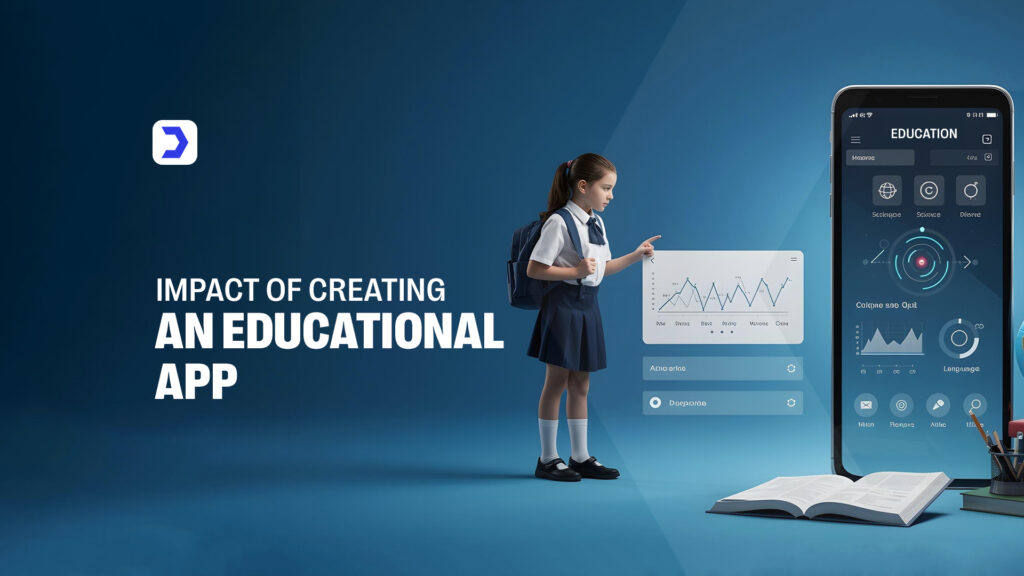
Learning is no longer confined to classrooms. Educational apps deliver knowledge on the go through interactive lessons, video lectures, gamified quizzes, and certification tracks. These are among the best mobile app ideas for startups and institutions aiming to reach large, diverse audiences. From language learning to exam preparation, the market continues to expand.
Modern educational apps support asynchronous learning and personalized feedback loops. They offer progress tracking, instructor support, and content customized to individual pace and goals. Educational app development focuses on creating immersive and intuitive learning experiences that encourage daily use, making education more accessible and enjoyable across age groups.
To stay competitive, many educational apps now integrate AI-driven learning paths, voice recognition for language apps, and augmented reality for interactive simulations. These advanced features not only boost engagement but also improve learning outcomes. Additionally, incorporating offline access and multi-device synchronization ensures that users can continue their learning uninterrupted, making educational apps one of the most adaptive and forward-thinking mobile app ideas available today.
Real Estate App
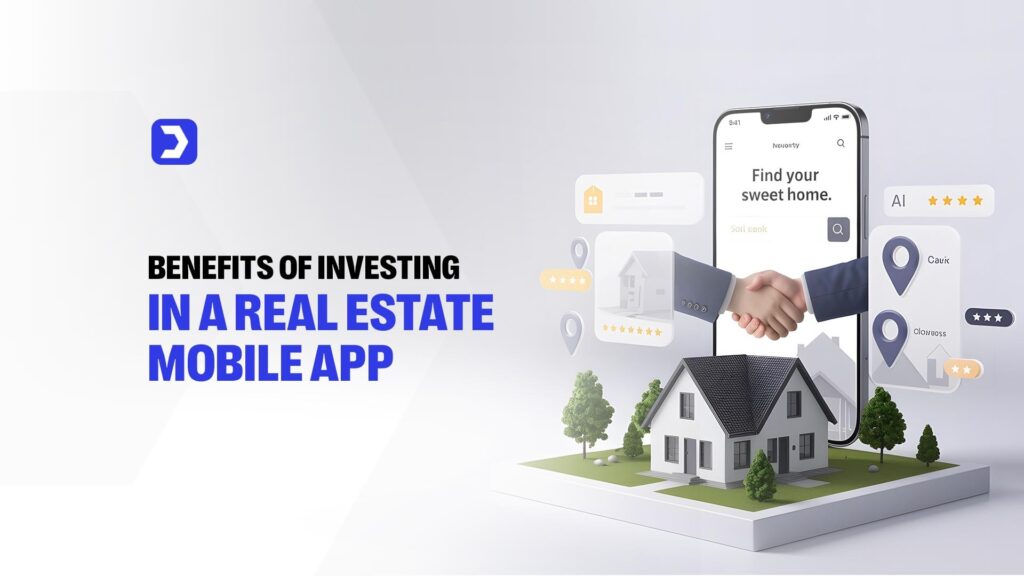
Real estate apps simplify the process of finding, listing, and managing property. Buyers can filter results by budget, location, and property type, while sellers and agents can manage leads and arrange virtual tours. These are highly effective mobile app ideas to make money through advertising, lead capture, and in-app upgrades for premium listings.
Adding features such as mortgage calculators, live chat with agents, and document sharing platforms enhances the overall user experience. Real estate mobile app benefits show how such apps can reduce friction for both buyers and sellers while increasing lead quality and conversion rates through better data transparency.
An important aspect of high-performing real estate apps is integration with property databases, CRM systems, and AI-powered search filters. These integrations allow for personalized property suggestions, automated notifications for new listings, and real-time market analysis. Such functionality not only improves user engagement but also empowers agents to close deals faster, making real estate apps one of the top mobile app ideas for professionals aiming to scale operations and enhance client satisfaction.
The development time depends on the complexity and functionality of the concept. Simple mobile app ideas may take 2–3 months, while more advanced or top mobile app ideas involving backend systems, APIs, and multiple features can take 6–12 months. Strategic planning and testing phases are essential to ensure stability and scalability.
While not mandatory, having a website enhances visibility and supports your overall mobile app marketing ideas. It provides users with additional context, improves SEO, and helps convert new audiences who may search online before downloading. For many of the best mobile app ideas, a website complements the app and builds credibility.
Costs vary based on the app’s scope and business model. Basic apps may start around $10,000, whereas advanced Trending Mobile App Ideas like healthcare, education, or real estate platforms can exceed $100,000. Budgeting should consider development, UI/UX design, and post-launch updates.
Many mobile app ideas to make money follow freemium models, offer in-app purchases, or include ads. Free apps can also generate revenue through affiliate links or subscriptions. The most successful strategies tie into mobile app marketing ideas that convert users without interrupting the experience, making them part of the top mobile app ideas for profitability.




